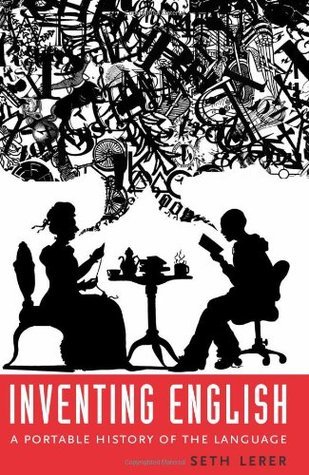What do you think?
Rate this book


320 pages, Hardcover
First published March 16, 2007
Castelas he let wyrcean,
7 earme men swi∂e swencean,
Se cyng waes swa swi∂e stearc,
7 benam of his underþeoddan manig marc
goldes 7 ma hundred punda seolfres.
Det he name be wihte
7 mid mycelan unrihte
of his landloede
for littelre neode.
He waes on gitsunge befeallan,
7 graedinaesse he lufode mid ealle.
He saette mycel deorfri∂,
7 he laegde laga þaerwi∂
þet swa hwa swa sloge heort o∂∂e hinde,
þet hine man sceolde blendian.
[He had castles built
and poor men terribly oppressed.
The king was very severe,
and he took from his underlings many marks
of gold and hundreds of pounds of silver.
All this he took from the people,
and with great injustice
from his subjects,
to gratify his trivial desire.
He had fallen into avarice,
and he loved greediness above everything else.
He established many deer preserves,
and he set up laws concerning them,
such that whoever killed a hart or a hind
should be blinded.:]
[A:]fter years of false starts, failures, and impediments - he was unable to complete the task in the three years he set himself; his wife died in the process; his amanuenses found his work almost impossible to follow; he abandoned Chesterfield's patronage - after all this he realized that it is impossible to fix a language. In the preface to the Dictionary that finally appeared in 1755, he saw a language not imperial but "sublunary," mutable and transitory. Like Caxton, who saw English living under the "domynacioun of the moon," Johnson found himself incapable of fixing usage. His purpose, now, had become "not to form, but register the language; not to teach men how they should think, but relate how they have hitherto expressed their thoughts."